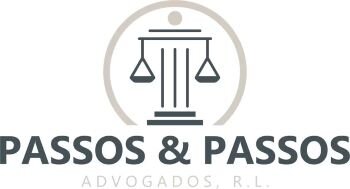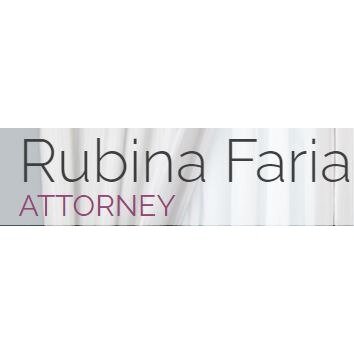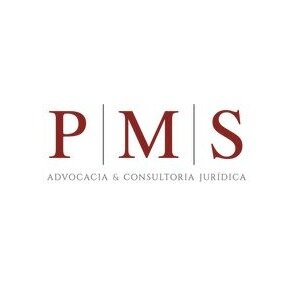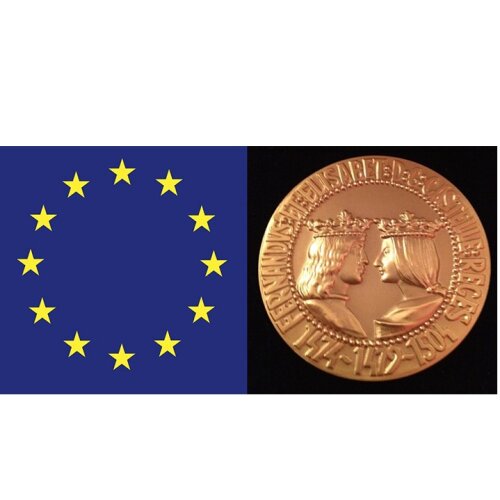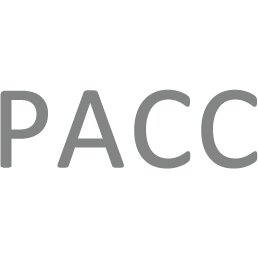Best Animal Law Lawyers in Portugal
Share your needs with us, get contacted by law firms.
Free. Takes 2 min.
Or refine your search by selecting a city:
List of the best lawyers in Portugal
About Animal Law in Portugal
Animal Law in Portugal has evolved significantly over recent years as societal attitudes toward animals have shifted. The Portuguese legal framework now recognizes the welfare and rights of animals, moving beyond their mere categorization as property. Key laws, such as the Animal Welfare Law, set out the fundamental principles for animal protection, establishing the responsibilities of pet owners and legal consequences for animal abuse and neglect. Portugal’s commitment to animal welfare is further highlighted by its practices of implementing EU directives related to animals.
Why You May Need a Lawyer
Individuals might find themselves in need of a lawyer specializing in Animal Law for various reasons. Common situations include disputes over pet ownership or custody, facing accusations of neglect or abuse, seeking compensation for damages caused by someone else's animals, or needing guidance on animal-related business regulations. Legal expertise might also be required in cases involving wildlife protection or conflicts arising from agricultural activities impacting animal welfare.
Local Laws Overview
In Portugal, animal protection laws encompass a wide range of issues. Key aspects include the prohibition of animal cruelty and abandonment, mandatory microchipping and registration of pets, and regulations on breeding and sale of animals. There are also laws specific to different animal sectors, such as livestock management, pet transportation, and the operation of animal shelters. Non-compliance with these laws can result in fines, seizure of animals, and even imprisonment.
Frequently Asked Questions
What is considered animal cruelty under Portuguese law?
Animal cruelty in Portugal includes any act that results in unnecessary suffering or harm to an animal. This includes physical abuse, neglecting basic needs such as food, water, and shelter, as well as abandonment.
Are there specific laws regarding pet ownership in Portugal?
Yes, pet owners in Portugal are required to ensure their pets are microchipped, registered, and vaccinated. Owners are also responsible for maintaining their pets' well-being and preventing them from causing harm or disturbances.
How are disputes over pet ownership resolved?
Disputes over pet ownership are typically resolved through negotiation or mediation, but may require legal intervention if an agreement cannot be reached. Ownership is usually determined based on registration and microchip records.
What legal protections exist for stray animals?
Stray animals in Portugal are provided legal protection under Animal Welfare Law. It is illegal to harm strays, and municipalities are responsible for protecting and managing stray animal populations.
Can I claim compensation for damages caused by someone else's animal?
Yes, you may be entitled to compensation if someone else's animal causes property damage or injury. The animal's owner may be held liable, provided it can be proven that they failed to exercise proper control or due care.
Are there laws against breeding and sale of animals?
There are specific regulations concerning the breeding and sale of animals in Portugal, focusing on ensuring humane treatment and preventing overpopulation. Breeders must obtain a license and comply with strict welfare standards.
What are the penalties for violating Animal Welfare Laws?
Penalties for violating animal welfare laws in Portugal can range from fines to imprisonment, depending on the severity of the offense. The law seeks to deter cruelty and negligence and to promote responsible ownership.
Is there legal protection for wildlife in Portugal?
Yes, Portugal has numerous laws and regulations aimed at protecting wildlife, preserving natural habitats, and regulating hunting activities to ensure sustainable practices and prevent species extinction.
Where can I report animal abuse?
Animal abuse can be reported to local authorities, police, or the nature preservation body, ICNF (Instituto da Conservação da Natureza e das Florestas). Prompt reporting can help quicken response to ensure animal safety.
Is it legal to have exotic pets in Portugal?
Owning exotic pets in Portugal is subject to strict regulations to ensure the animals’ welfare and environmental protection. Permits might be required, and certain species are forbidden to be kept as pets.
Additional Resources
For further guidance and support, consider reaching out to the following organizations:
- ICNF (Instituto da Conservação da Natureza e das Florestas) - Responsible for wildlife protection and environmental policies.
- Animal welfare organizations such as ANIMALS and SOS Animal, which offer support and advocacy for animal protection issues.
- Portuguese Bar Association - Can provide referrals for lawyers who specialize in Animal Law.
- Local municipal offices - Can be a resource for information on pet registration and local animal control regulations.
Next Steps
If you require legal assistance in Animal Law in Portugal, consider taking the following steps:
- Identify and document all relevant facts and evidence related to your case or concern.
- Consult with a lawyer specialized in Animal Law to understand your rights and obligations.
- Engage in mediation if possible, as it can often resolve disputes amicably and quickly.
- If necessary, pursue formal legal proceedings with the guidance of your lawyer to ensure the matter is addressed through the legal system.
- Leverage available resources and organizations for additional support and information throughout the legal process.
Lawzana helps you find the best lawyers and law firms in Portugal through a curated and pre-screened list of qualified legal professionals. Our platform offers rankings and detailed profiles of attorneys and law firms, allowing you to compare based on practice areas, including Animal Law, experience, and client feedback.
Each profile includes a description of the firm's areas of practice, client reviews, team members and partners, year of establishment, spoken languages, office locations, contact information, social media presence, and any published articles or resources. Most firms on our platform speak English and are experienced in both local and international legal matters.
Get a quote from top-rated law firms in Portugal — quickly, securely, and without unnecessary hassle.
Disclaimer:
The information provided on this page is for general informational purposes only and does not constitute legal advice. While we strive to ensure the accuracy and relevance of the content, legal information may change over time, and interpretations of the law can vary. You should always consult with a qualified legal professional for advice specific to your situation.
We disclaim all liability for actions taken or not taken based on the content of this page. If you believe any information is incorrect or outdated, please contact us, and we will review and update it where appropriate.
Browse animal law law firms by city in Portugal
Refine your search by selecting a city.



